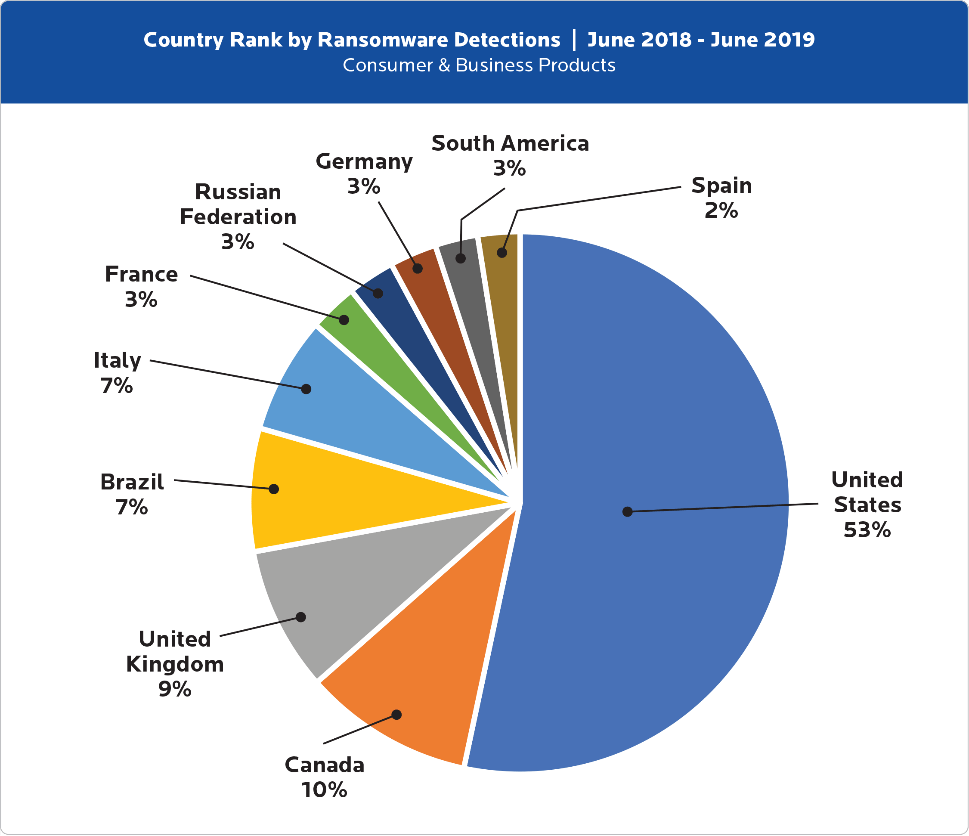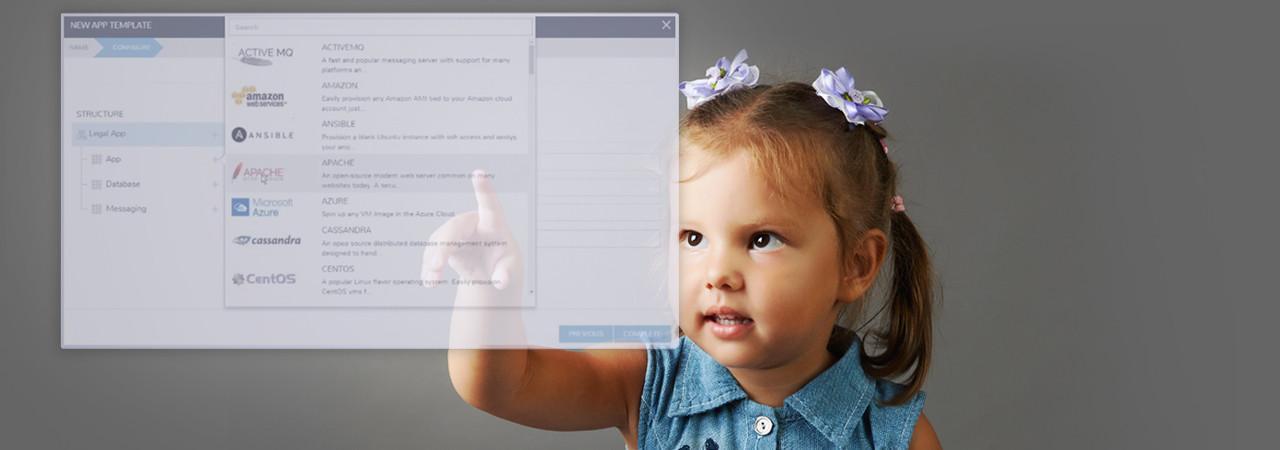Manuela is the founder of the CX consultancy CXellence and has been working with prominent organisations across private and public sectors to help them improve their customer experience focus and capabilities (www.cxellence.com).She is a multi-award winner and CCXP certified executive business leader with a strong track record of over 15 years of experience in leading and transforming the customer experience for the FTSE100 international organisations she has worked for during her corporate career in Financial Services and Retail.
From your perspective as a CX expert, what would you say are the main challenges retailers are facing in 2019?
My personal view is that many retailers have not taken seriously enough what is happening in the sector and the fundamental changes in consumers' expectations, which are defining the way they want to shop. Firstly, customers now expect the ultimate convenience, in terms of ease of access to what they need through online 1-click purchases, real time click & collect or seamless cross-channel interactions. Secondly, they want immediate gratification, where the prompt availability or delivery of products at the best prices is taken for granted - compounded by very low levels of tolerance for bad service or poor quality. Thirdly, they have developed a 'me' mentality, expecting a personalised and relevant service, tailor made to who they are and what they need. Finally, all this is augmented by the fact that the internet has given consumers power by democratising information, providing them with access to product choice, information and ratings, so if you fail to meet those expectations, they will shop elsewhere.
These trends have been either underestimated or misunderstood by many retailers, like the recently collapsed Maplin, Toys'R'Us and House of Fraser, who seem to have made three big strategic errors:
- Introducing technological solutions as an end in themselves, without starting from customer needs, e.g. creating online purchasing channels as a duplication of the offline ones;
- Ignoring the fundamental question of why customers should purchase from them rather than from Amazon - and therefore not capitalising on any value-adding differentiators;
- And linked to the above, failing to rethink the role physical stores should play in an omnichannel shopping experience.
Do you feel that bricks-and-mortar retailers are 'behind the curve' when it comes to the adoption of technology?
Probably yes, as they have been hiding behind the perceived strength of their high street presence. Many have developed online capabilities to replicate what customers can do in store, without truly rethinking how the two channels should be redesigned and seamlessly integrated to deliver a complementarily improved customer experience. Only offering online purchase and click & collect services is not enough to optimise this.
But also, many retailers are very slow in rethinking the role of the store within the omnichannel shopping experience. In a world where they can select and buy everything online, customers often go to stores to complete what they cannot do online (at least yet) to finalise their purchasing decision, like touching and feeling the products, assessing quality or fit, asking technical questions, planning or visualising the end result etc. However, most stores still offer only a crammed display of products lined up on dusty shelves, without enough expert staff or the type of experiential immersion or educational overlay customers expect.
What are some of the limitations you see in how retailers are currently using technology? (For example, adopting technology to reduce costs rather than empowering the customer experience, or only selling their products rather than added value.)
Many still don't even get the basics right, with clunky purchase, delivery or collection processes, which are the result of poor stock, data or service management. Who wants to wait for weeks for an item to be dispatched, then stay at home a whole day for the courier to show up? But also, the lack of clear customer-centric strategic focus means that they are not able to explore the opportunities presented by technology to revolutionise the shopping experience, both online and offline, to meet those expectations of convenience, immediacy and personalisation.
Can you give an example of a retailer who is using technology to its full potential to improve its customer experience and add value?
I do not think anybody is using technology to its full potential yet. However, some organisations have used it well in some areas. For example, Argos, who as an old-fashioned catalogue-based retailer was at risk of ending up in the list of recent casualties, has cleverly evolved its business model to transform the store into an extension of the online experience, to cater for some of the reasons I mentioned above - immediate collection, product inspection, easy returns, while maintaining wide choice at good prices. They also improved accessibility, by creating small collection points within partners' premises in high traffic areas like supermarkets and stations. Simple and functional, but effective.
How do you see the role of the physical store evolving in the future - and do you agree that physical stores will fail without incorporating the Omnichannel experience (AR, AI, ML)?
No, I don't think they will fail because of that, but they will not prosper neither. As I mentioned before, I believe that physical stores need to offer the immersive and relevant experiences customers expect. Whether it's Lush's explosion of the senses or Lego's engaging environment, or it's IKEA's physical or AR home recreations, the store is no longer only about selling products, but it also needs to sell experiences and facilitate the customer journey. Using that type of technology is not essential, but can definitely help with improving the customer experience.
How can retailers introduce AR, AI and Machine Learning in order to leverage data and improve the customer experience?
Using that technology in the right way within physical stores can add an extra level of interactivity, personalisation or audience engagement, e.g. through touchscreen display content, virtual reality experiences, immersive product demonstrations or AR stands. The key is to introduce these as solutions to clearly identified customer needs rather than as stand-alone gimmicks or marketing campaigns. These capabilities are equally important online to deliver rich, relevant and interactive content or transform conventional websites into immersive VR experiences.
Where do you see the industry going forward, both this year and beyond?
Unfortunately, I believe that there will be more casualties in the sector, as too many retailers are not rethinking strategically enough the complementary role of physical stores and technology to meet customers' expectations and improve their experience. They need to understand that stores and websites are no longer only about selling products.
I also believe that technology will be increasingly used to create rich, interactive and immersive experiences both online and offline. It will enable retailers to play on the senses and stimulate and engage customers in a much more immediate and personalised way. It will also enable them to teach and educate customers, and to communicate with them in more effective ways, translating complex information into insightful and easy to understand content. The added value and experiential benefits delivered by the right use of technology will enable these retailers to deliver rich and differentiated customer experiences, and therefore drive sustainable value growth.





















